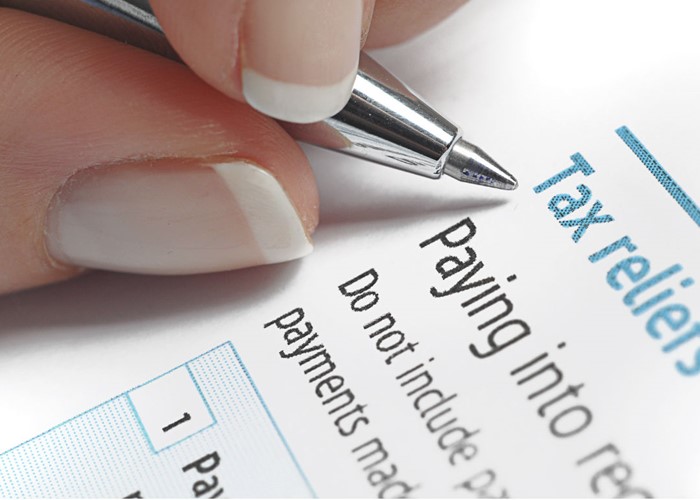Self-assessment tax returns for 2015/16: what to do if you missed the January 31 deadline

The deadline for filing self-assessment tax returns has passed. If you missed it, here's what you should do right now.
The deadline for filing online self-assessment tax returns for the tax year 2015-16 passed at midnight last night.
If you didn't register or file by the deadline, you're now looking at financial penalties – but if you act now you can limit these.
Here's what to do.
Penalties
HMRC is enforcing an initial penalty of £100 for people who didn't even register. This fine even applies if you don't actually have any additional tax to pay.
From here, if the return is more than three months late you’ll receive a £10 daily charge for up to 90 days – that’s £900 maximum.
If you are six months late an additional £300 will be added or 5% of your tax liability; whichever is higher.
If you are 12 months late, another £300 or 5% will be slapped on.
This gives a total potential penalty of at least £1,600 – even for those who have no tax to pay but still submit late. Needless to say, if your tax return is still sitting on your to-do pile, get it done now!
Excuses
HMRC now takes a tougher approach to the tax return process. So if you have not yet filed but need to and have no credible excuse, you’ll really just have to cough up.
But what counts as a credible – or to use HMRC’s language, reasonable – excuse in the eyes of the powers-that-be?
Well, it’s all common sense really. The definition is loosely: something that is unusual and out of your control.
This doesn’t include forgetting about the deadline, finding the online system too complicated, being let down by an accountant or not registering at HMRC online by the filing deadline.
Try any of these excuses and you’ll get short shrift from the taxman.
HMRC says examples of reasonable excuses include: failures in its own computer system, personal computer malfunctions, a serious illness or the failure to receive an activation code in time.
However, they must be backed up with sufficient evidence and it must be clear that you have tried to the best of your abilities to submit the return.
Contemporaneous evidence may also be required – doctors notes for illnesses and technician reports for hardware computer failures, for example.
However, HMRC did emphasise that it has no exhaustive list of reasonable excuses. So it’s safe to assume that each case will be examined on an individual basis.
Learn more about challenging an HMRC penalty here.
What to do if you have no excuse
If you don't have a reasonable excuse, you should get on and file your return as soon as you can. If you haven't applied for an activation code to use the online service, do it now at the HMRC website.
If you need help, call the Self Assessment Helpline on 0300 200 3310 (open 8am-8pm Monday to Friday and 8am-4pm Saturdays).
You'll need your Unique Taxpayer Reference (UTR) number to hand.
It may be quicker to talk to an adviser online using HMRC's web chat facility though. Learn more in our guide to contacting the taxman.
This is a classic article that has been updated
Enjoy tax free returns from your investments with a stocks and shares ISA
More on tax:
Comments
Be the first to comment
Do you want to comment on this article? You need to be signed in for this feature